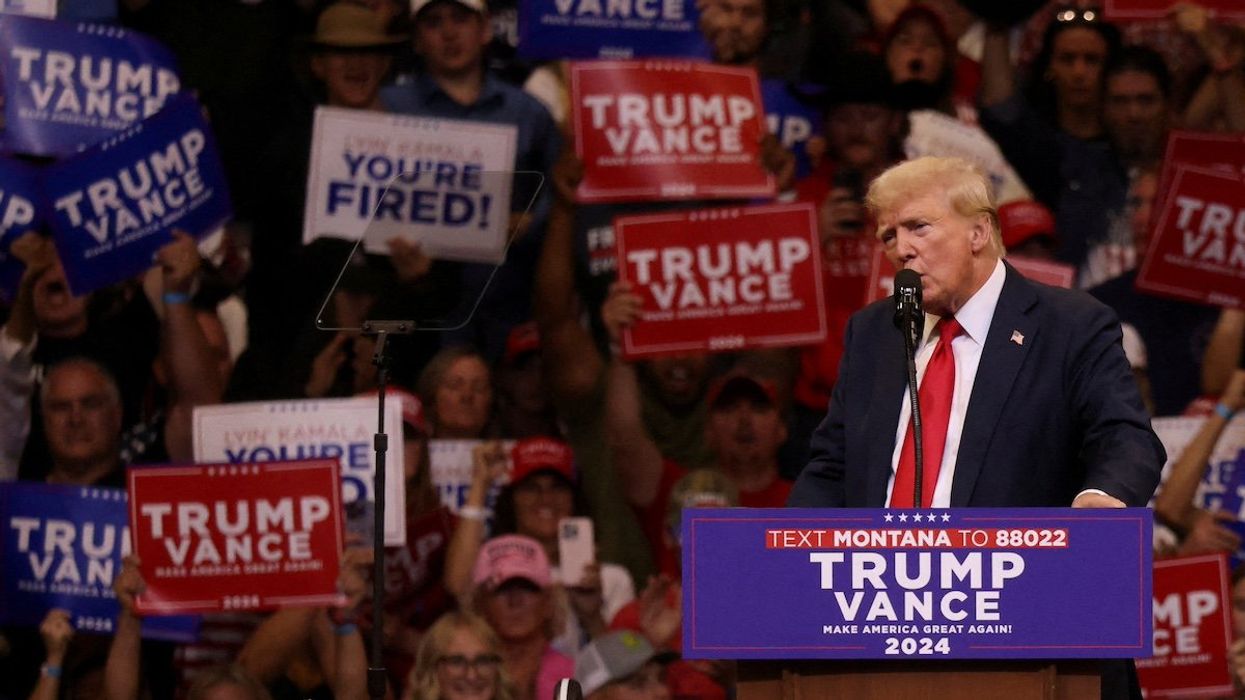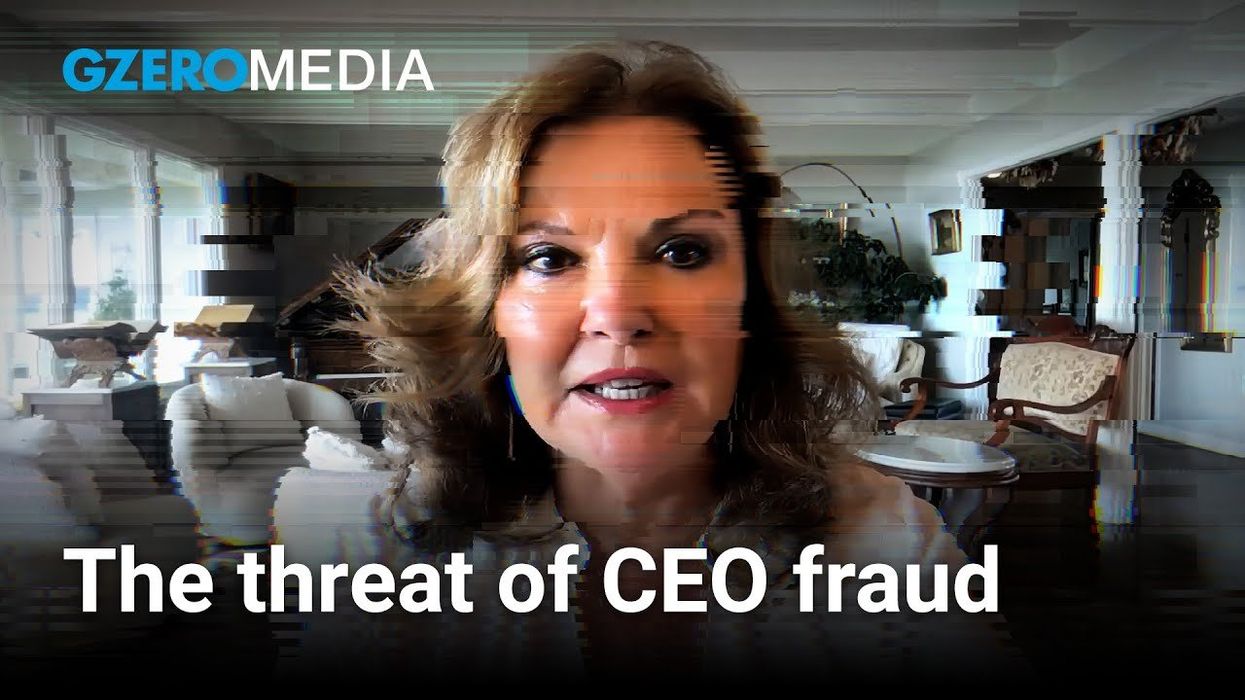What We're Watching
Trump campaign: We were hacked … by Iran
The campaign of former President Donald Trump said Saturday that it was the victim of hacking by “foreign sources hostile to the United States” and blamed the Iranian government.
Aug 11, 2024


